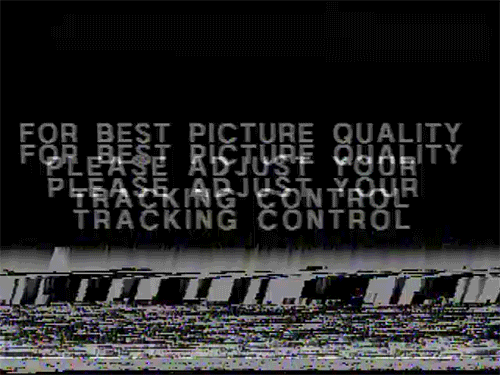I used to make comics. I know that because strangers would look at my work and immediately share their most excruciatingly banal experiences with me:
— that time a motorised wheelchair cut in front of them in the line at the supermarket;
— when the dentist pulled the wrong tooth and they tried to get a discount;
— eating off an apple and finding half a worm in it;
every anecdote rounded of with a triumphant “You should make a comic about that!”
Then I would take my 300 pages graphic novel out of their hands, both of us knowing full well they weren’t going to buy it, and I’d smile politely, “Yeah, sure. Someday.”
“Don’t try to cheat me out of my royalties when you publish it,” they would guffaw and walk away to grant comics creator status onto their next victim.
Nowadays I make work that feels even more truly like comics to me than that almost twenty years old graphic novel. Collage-y, abstract stuff that breaks all the rules just begging to be broken. Linear narrative is ashes settling in my trails, montage stretched thin and warping in new, interesting directions.
I teach comics techniques at a university level based in my current work. I even make an infrequent podcast talking to other avantgarde artists about their work in the same field.
Still, sometimes at night my subconscious whispers the truth in my ear: Nobody ever insists I turn their inane bullshit nonevents into comics these days, and while I am a happier, more balanced person as a result of that, I guess that means I don’t make comics any longer after all.








The most customizable DE will always be “any WM” 😄